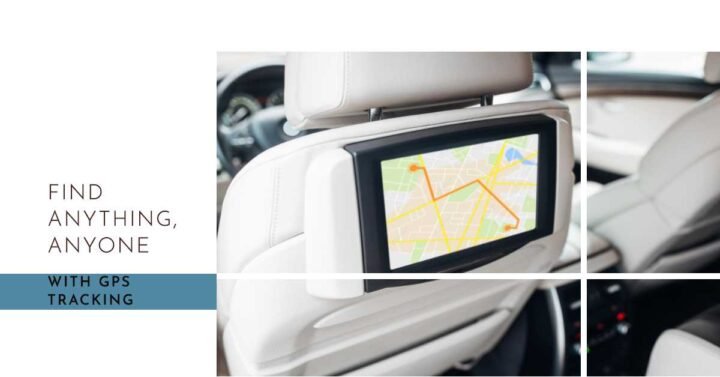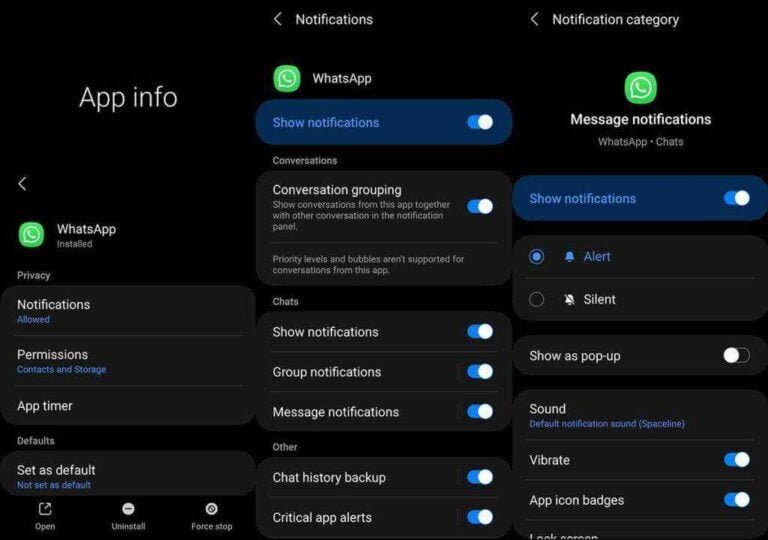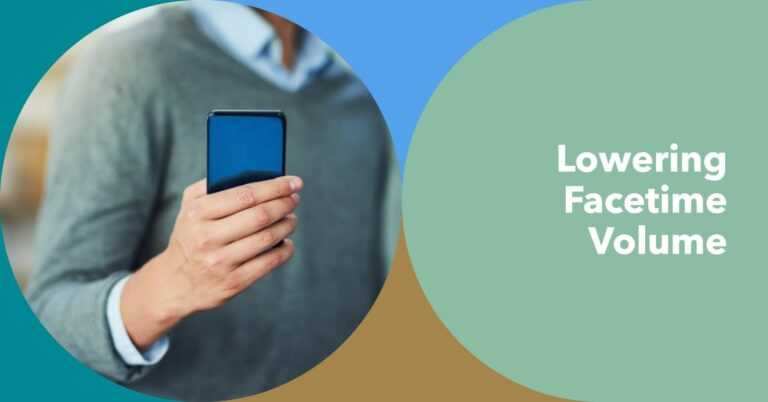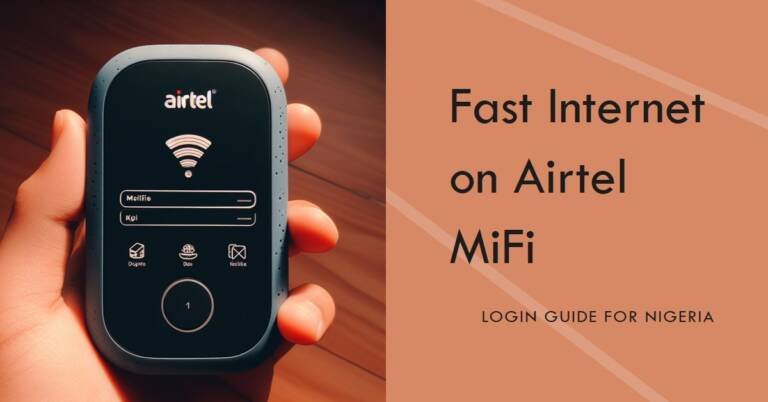How To Use GPS To Locate Things And Track People
Are you ready to unlock the incredible potential of GPS technology? Whether you’re looking to find lost items or keep track of loved ones, understanding how to use GPS to locate things and track people can be a game-changer! In this comprehensive guide, we’ll take you on a journey through the world of GPS, providing you with actionable insights, expert tips, and answers to all your burning questions. Let’s dive right in!
What is GPS?
GPS is a satellite-based navigation system that allows precise determination of the location, speed, and time information for objects or individuals equipped with GPS receivers. It operates using a constellation of satellites orbiting the Earth.
How Does GPS Work?
- GPS receivers pick up signals from multiple satellites.
- These signals contain timestamp information, helping the receiver calculate the distance to each satellite.
- By triangulating these distances, the GPS receiver determines its precise location on Earth.
How To Use GPS To Locate Things And Track People: What You Need To Know
Before we get into the nitty-gritty details, let’s start with the basics. What is GPS, and how does it work? GPS, or Global Positioning System, is a satellite-based navigation system that allows you to pinpoint your exact location on Earth. It consists of a network of satellites orbiting our planet, constantly transmitting signals that can be picked up by GPS receivers.
Now, let’s answer the burning question:
How To Use GPS To Locate Things And Track People?
Using GPS for locating items or tracking people is a two-fold process. First, you need a GPS-enabled device or smartphone with GPS capabilities. Second, you need access to GPS tracking software or apps. Here’s a step-by-step guide:
- Get the Right Hardware: Ensure you have a GPS-enabled device. Most smartphones come equipped with GPS capabilities, making them a popular choice for tracking purposes. If you’re looking to track a vehicle or item, you can invest in GPS trackers designed for specific purposes.
- Choose the Right Tracking Software or App: There are numerous GPS tracking apps available for both Android and iOS devices. Some popular options include Life360, Find My Device (Android), and Find My (iOS). Install the app that suits your needs.
- Enable GPS on Your Device: Before you can start tracking, make sure the GPS feature on your device is turned on. You can usually find this option in your device’s settings under “Location” or “Privacy.”
- Create an Account: If required, sign up or log in to the tracking app with your credentials. This step is essential for accessing the tracking features and setting up notifications.
- Select the Target: Depending on your goal, choose whether you want to track a person or locate an item. Follow the app’s prompts to select the target.
- Start Tracking: Once you’ve set your preferences, initiate tracking. The app will use GPS data to provide real-time information about the location of the person or item you’re tracking.
- Use Geofencing (Optional): Some tracking apps allow you to create geofences, virtual boundaries around specific areas. You’ll receive notifications when the target enters or exits these zones.
- Set Alerts and Notifications: Customize your tracking experience by setting up alerts for various events, such as when the target reaches a certain location or exceeds a specific speed limit.
- Access Historical Data: Most GPS tracking apps also store historical data, allowing you to review past locations and routes.
- Stay Informed and Secure: Always prioritize privacy and security when tracking people. Make sure all parties involved are aware of the tracking, and respect their consent and boundaries.
- Battery Management: Keep in mind that GPS tracking can drain your device’s battery. Manage your device’s power settings to ensure it lasts throughout the tracking period.
- Legal Considerations: Be aware of the legal implications of tracking individuals. Laws regarding GPS tracking vary by region, so it’s crucial to research and understand the regulations in your area.
Now that you know how to use GPS to locate things and track people, let’s delve deeper into some essential tips and frequently asked questions.
Expert Tips for Effective GPS Tracking
Achieving the best results from your GPS tracking endeavors requires some insider knowledge. Here are some expert tips to help you make the most of this technology:
- Signal Strength Matters: A strong GPS signal is essential for accurate tracking. Ensure you’re in an area with clear skies and minimal interference from buildings or natural obstacles.
- Regular Updates: Keep your tracking app or software up to date. Developers often release updates to improve functionality and security.
- Consider Battery Life: If you’re tracking a person, make sure their device has sufficient battery life to last the tracking duration. You don’t want the signal to drop mid-journey.
- Privacy First: Always respect privacy boundaries. Obtain consent before tracking individuals, especially if they’re not aware of the tracking.
- Test the App: Before relying on a tracking app in a critical situation, perform some test runs to familiarize yourself with its features and quirks.
- Emergency Situations: GPS tracking can be a lifesaver in emergencies. Make sure everyone involved knows how to use the tracking system effectively during critical situations.
FAQs: Your GPS Tracking Queries Answered
Is GPS tracking legal?
GPS tracking is generally legal for personal use, but laws vary by region. Always research and adhere to local regulations, and respect privacy boundaries.
Can I track someone’s phone without their knowledge?
Ethical considerations aside, it’s crucial to obtain consent when tracking someone. Secretly tracking someone’s phone can have legal and ethical consequences.
How accurate is GPS tracking?
GPS tracking is highly accurate, often providing location data within a few meters. However, accuracy can be affected by signal strength and obstacles.
Are there GPS trackers for items other than phones?
Yes, there are GPS trackers designed for various purposes, such as tracking vehicles, pets, luggage, and more.
Can I track a lost phone using GPS?
Yes, if the lost phone has GPS capabilities and a tracking app installed, you can use another device to locate it.
Are there free GPS tracking apps available?
Many GPS tracking apps offer free versions with limited features. Paid versions often provide more advanced tracking options.
Can I track someone’s phone in real-time?
Yes, many GPS tracking apps offer real-time tracking, providing you with live updates on the target’s location.
How do I know if someone is tracking my phone?
Check your device settings for any unfamiliar apps with location access. Be cautious and ensure your device’s security settings are robust.
Conclusion
Congratulations! You’ve now mastered the art of using GPS to locate things and track people. With the right hardware, software, and knowledge, you can harness the power of GPS technology to make your life more convenient and secure. Just remember always to prioritize privacy, obtain consent, and stay informed about local regulations.
So, whether you’re ensuring your teenager’s safety, tracking a lost item, or embarking on an exciting adventure, GPS tracking is your trusty companion. Happy tracking!






